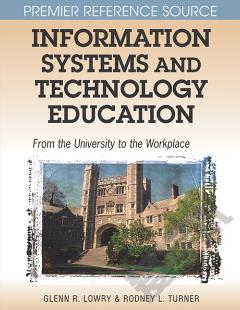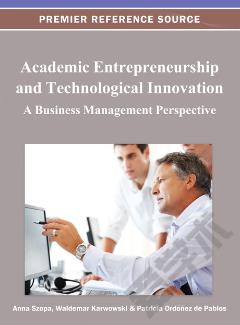Pedagogical Machines: ICTs and Neoliberal Governance of the University
This new book investigates the effects of information communication technologies (ICTs) as techniques for neoliberal, or what we refer to as "advanced liberal", governing within universities using a regional Australian university as the site of study. It seeks to demonstrate how the adoption of ICTs reconfigures universities as sites of governing and constitutes the subjectivities of academics and on-campus students as both the vehicles and the effects of advanced liberal forms of regulation. Significantly, in focusing on these processes of configuration, it draws attention also to the localised practices that both enable ICTs to 'work' as techniques of advanced liberal governing, and shape rule in novel ways producing unintended effects.In general, the authors explore the strategies and tactics through which ICTs are implemented, and the effects this has on the way academics and internal on-campus students are governed and govern themselves. More specifically, they analyse the way information technology is involved in the constitution and governing of the 'freedom' of the on-campus student and to a lesser degree that of academics. The book argues that the implementation of ICTs into universities is not an unproblematic process whereby ICTs act simply as neutral tools to improve the governing apparatus of universities. Rather, the process of the implementation and use of ICTs for the governing of higher education is a highly political, productive and ironic process that changes the very concept and practice of the university and the subjectivities of academics and students. In particular, the book draws attention to the important issue of how the educational practices of academics and students in association with ICTs can serve to both contradict, and facilitate the success of advanced liberal ways of governing universities.
{{comment.content}}








 京公网安备 11010802027623号
京公网安备 11010802027623号